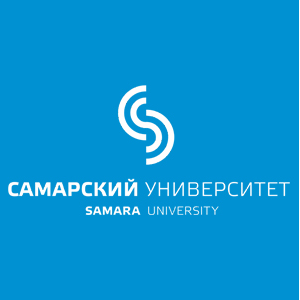As part of COP-28, the program “Science Day: Climate Change and Sustainable Development” was held on Tuesday, December 5. At the second section of the event, reports on carbon landfills in Russia were presented: results and lessons of the first two years of the project (Olchev A., Moscow State University), recovery of forest ecosystems: opportunities of climate projects (Drapalyuk M., Voronezh Forestry University), the potential of marine climate projects (Latkovskaya E., Sakhalin State University), significance of wetlands in the carbon balance (Akhmedova I., Yugra State University), prospects of carbon landfills on agricultural lands (Orlova L., Samara Carbon Landfill), best practices in developing modern technologies for monitoring environmental parameters (Gordin M., Bauman Moscow State Technical University).
In framework of this section, Lyudmila Orlova, Co-Chairperson of the Committee on Ecology at the REC “Engineering of the Future”, presented the first agricultural carbon landfill in Russia, located in the Samara Region and operated by Samara University. The project purpose is conducting comprehensive research on deposition of soil organic carbon and greenhouse gas emissions, searching for the most accurate and cost-effective methods for their assessment; studying effective management of the carbon cycle, photosynthesis when applying soil-conservation technology of resource-saving agriculture, with additional biological methods of increasing soil fertility, yield and product quality, preventing erosion, degradation, soil desertification. It was noted that creating agricultural carbon landfills is a strategically important step to prevent desertification, erosion and soil degradation, increase sequestration of CO2 and deposition of organic carbon, soil fertility and yield.
This year’s COP-28 Conference will conclude the “Global Summing Up” process, the first of its kind assessment of the global process in implementing provisions of the 2015 Paris Agreement. The global summing up should be a catalyst for increasing ambition to achieve the goals of the Paris Agreement, as by 2025, countries will prepare and submit to the UN Climate Secretariat revised national plans on combating climate change. They will outline measures for accelerating the pace of emission reduction, improving climate resilience, and ensuring necessary actions to implement support and financing transformations.
More about COP-28
